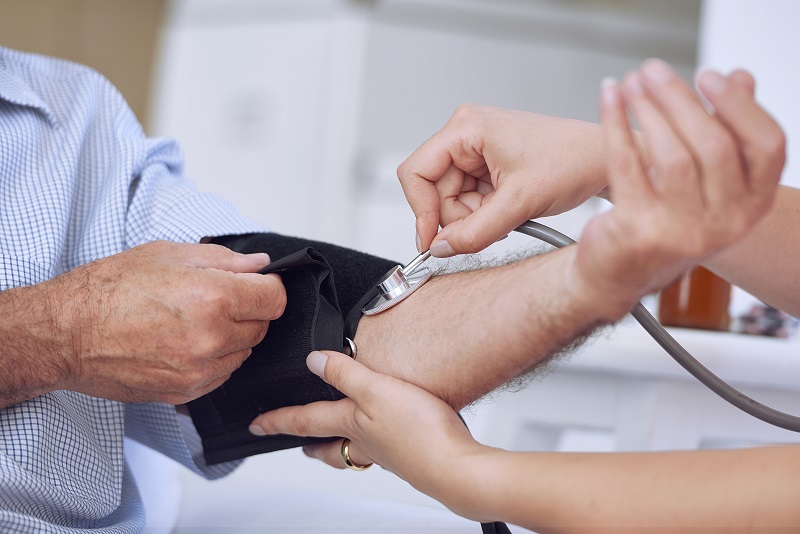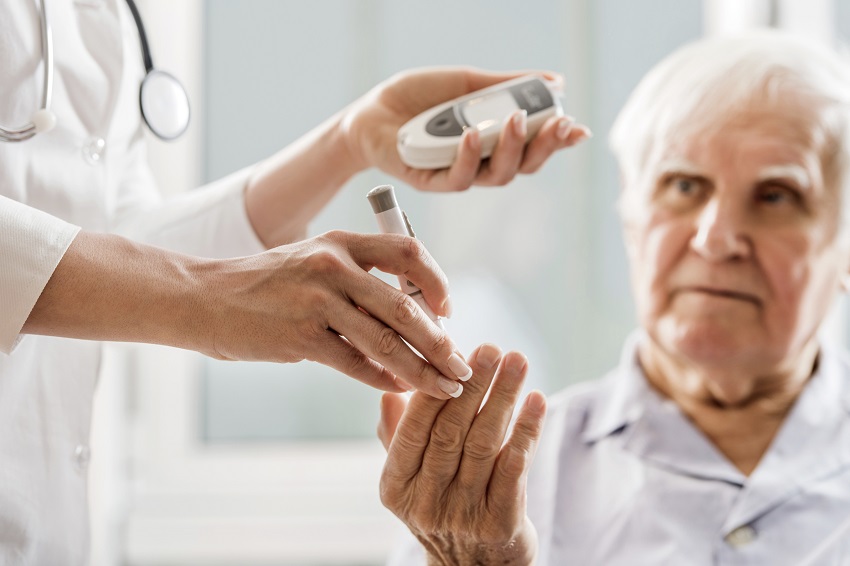Paving the Way for Peer Support Programs
"To know the road ahead, ask those coming back," goes an oft-quoted Chinese proverb. That’s the philosophy behind peer support programs, which help connect people… Read More »Paving the Way for Peer Support Programs








